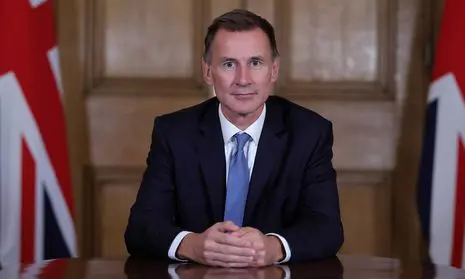Chancellor cuts NI by a further 2p as part of Spring Budget
However, the chancellor resisted calls from retail and hospitality bosses to cut business rates and abolish the current level of tourist tax

Chancellor Jeremy Hunt has announced a further 2p cut to National Insurance, falling from 10% to 8% from 6 April, as part of his Spring Budget for “long-term growth”.

